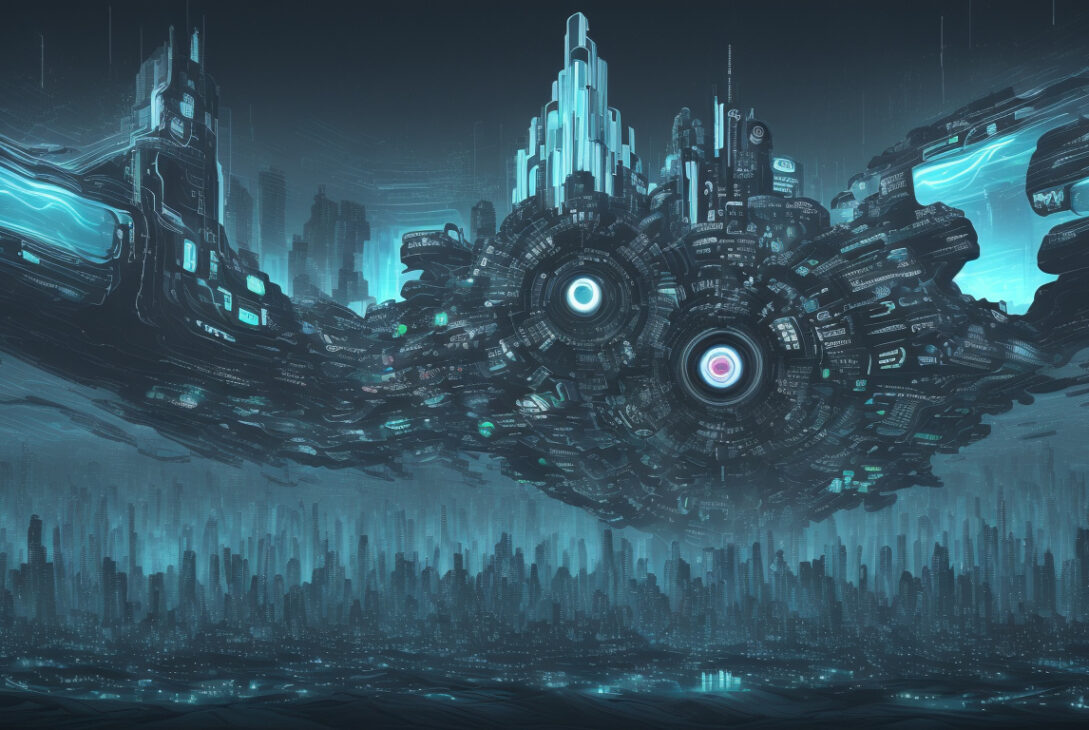Marshall McLuhan’s Warnings on Technology Echo in the Age of A.I. and Transhumanism
Long before the internet and artificial intelligence (A.I.) transformed daily life, Canadian media theorist Marshall McLuhan issued prescient warnings about technology’s profound impact on identity and society. McLuhan, who died in 1980, foresaw the digital age’s effect on human connection and individuality, insights that resonate strongly today amid debates about A.I., transhumanism, and figures like billionaire entrepreneur Peter Thiel.
McLuhan’s Vision: The Medium Is the Message
Marshall McLuhan rose to prominence in the 1960s and 1970s with ideas that challenged conventional views on media and communication. He famously coined the phrase “the medium is the message,” emphasizing that the form of media influences how the message is perceived and how society changes as a result. He also popularized the concept of the “global village,” describing how electronic communication would unite disparate peoples into a shared experience.
Despite widespread attention in his heyday—with features in Playboy, Vogue, and The New York Times, and public admiration from cultural icons like Andy Warhol and John Lennon—McLuhan eventually faced skepticism and backlash. Critics dismissed him as a carnival barker, overlooking the depth of his concerns regarding technology’s unintended consequences.
The Discarnate Being: Identity in the Electronic Age
McLuhan’s observations anticipated the sense of disembodiment felt by modern social media users. In a television interview decades ago, he said: “Everybody has become porous. The light and the message go right through us. At this moment, we are on the air, and on the air we do not have any physical body.” He described online and broadcast communication as interactions among “discarnate beings” with altered relationships to the physical world and diminished sense of identity.
Today, his words echo the lived experience of spending hours on platforms like TikTok or X (formerly Twitter), where curations of digital content replace direct human engagement. McLuhan warned that this virtual immersion can deprive people of their stable sense of self and community.
Peter Thiel and the Transhumanist Question
This reflection on McLuhan’s warnings came into sharp focus recently during a New York Times interview with Peter Thiel. The billionaire entrepreneur, known for his investments in a wide range of technology ventures including anti-aging research and embryo screening startups, was asked by Ross Douthat whether he preferred the human race to endure amid the advancements in artificial intelligence and transhumanism.
Thiel hesitated before responding, a moment that unsettled Douthat and many observers. Transhumanism, a movement aiming to radicalize human evolution through technologies like genetic modification, brain-computer interfaces, and cryonics, challenges traditional notions of mortality and what it means to be human.
Peter Thiel has shown long-term interest in this vision of a posthuman or superhuman future, funding projects such as the Enhanced Games — a sporting competition promoting the use of performance-enhancing drugs to achieve extraordinary physical abilities. However, his equivocation about whether humanity itself should persist unaltered raises important ethical questions about technological power and societal inequality, particularly when those in positions of wealth may embrace radical enhancements while others remain “of flesh and bone.”
The Legacy of a Media Prophet
McLuhan’s concern extended beyond mere media critique to a moral vision anchored in his Catholic faith. He believed that human embodiment was essential to nonviolent coexistence and that unchecked technological progress deprived people of their privacy and community. He understood that innovation could not be stopped but urged a return to authentic human connection over the facades of virtual interaction.
In the early 1970s, McLuhan predicted vulnerabilities we now see in personal data collection and surveillance capitalism. He described lives increasingly lived as “discarnate data,” with identities fragmented and commodified across multiple invisible digital locations.
Looking Ahead
As A.I. moves from a curiosity to a potentially disruptive force in society, McLuhan’s insights remind us of the stakes involved in technological development. The tension between innovation and human values persists, now compounded by questions about the future of human nature itself. Whether society heeds the cautious wisdom of pioneers like McLuhan will shape the path forward for technology and humanity alike.
Author’s note: This article expands on historical and current reflections about media theorist Marshall McLuhan’s influence and the challenges posed by present-day figures like Peter Thiel in the context of AI and transhumanism.









